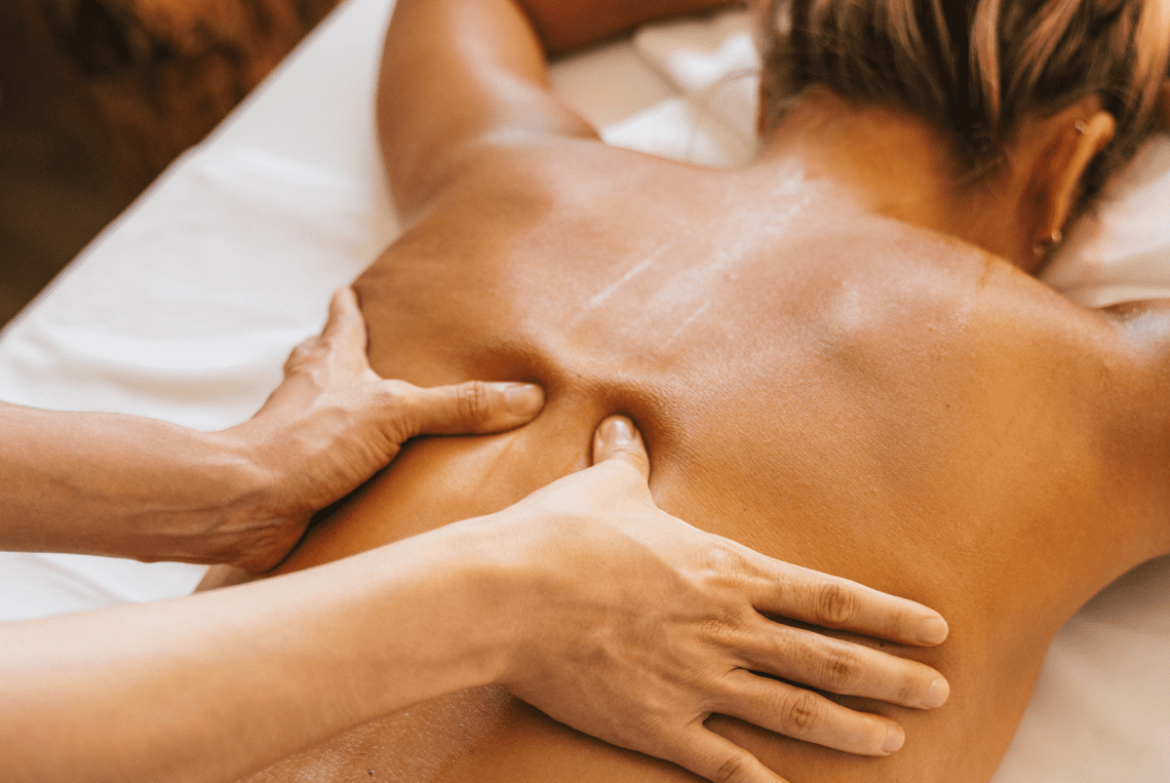Massage has long been celebrated for its ability to relax tight muscles, ease tension, and provide a sense of indulgence. But in 2025, UK therapists are highlighting a deeper truth: massage affects the body and mind in ways that extend far beyond muscles. From emotional wellbeing to skin health, circulation, and stress management, professional massage is increasingly recognised as a holistic practice that supports overall wellness — not just physical comfort.
The Science Behind the Touch
Massage stimulates the body’s nervous system in multiple ways. Light to moderate pressure activates the parasympathetic nervous system, which slows heart rate, reduces blood pressure, and triggers the “rest and digest” state. Deeper techniques engage the musculoskeletal system, improving flexibility, releasing tension, and promoting better posture.
UK therapists emphasise that these effects are cumulative. Regular sessions train the body to relax more efficiently, reduce chronic tension, and improve movement patterns. The impact goes beyond sore shoulders or tight calves; it enhances overall physical resilience and functional mobility.
Mental and Emotional Benefits
Massage is also a powerful tool for mental wellbeing. Studies in the UK and internationally show that tactile therapy reduces cortisol, the stress hormone, and increases endorphins and serotonin. This chemical shift improves mood, promotes relaxation, and can even aid sleep quality.
Therapists report that clients often experience relief from anxiety, mental fatigue, and emotional stress after sessions. The ritual of setting aside time for oneself, combined with physical touch, fosters mindfulness and presence — key components of modern mental wellness practices.

